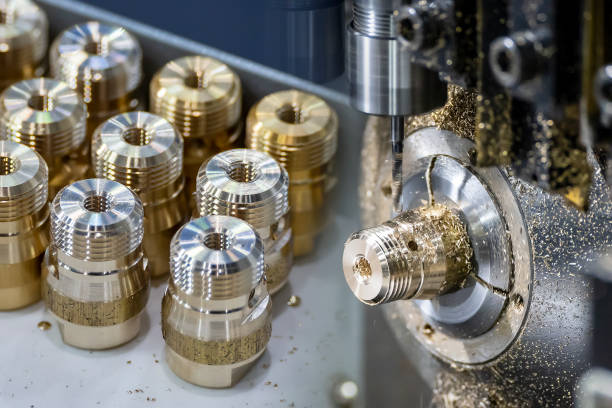
The titanium high precision machining parts industry is experiencing rapid growth as demand for these specialized components continues to increase across various sectors, including aerospace, automotive, medical, and defense. This surge in demand can be attributed to the unique properties of titanium, which make it an ideal material for manufacturing high precision parts. Titanium is known for its exceptional strength-to-weight ratio, corrosion resistance, and high temperature tolerance, making it a popular choice for applications where quality, durability, and reliability are paramount. The aerospace industry, in particular, relies heavily on titanium high precision machining parts for aircraft components, engines, and structural elements.
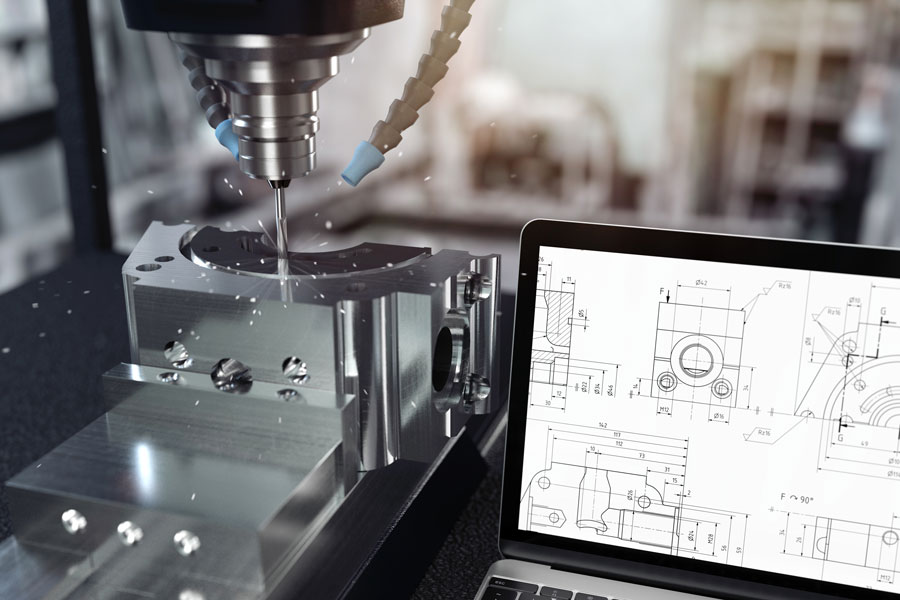
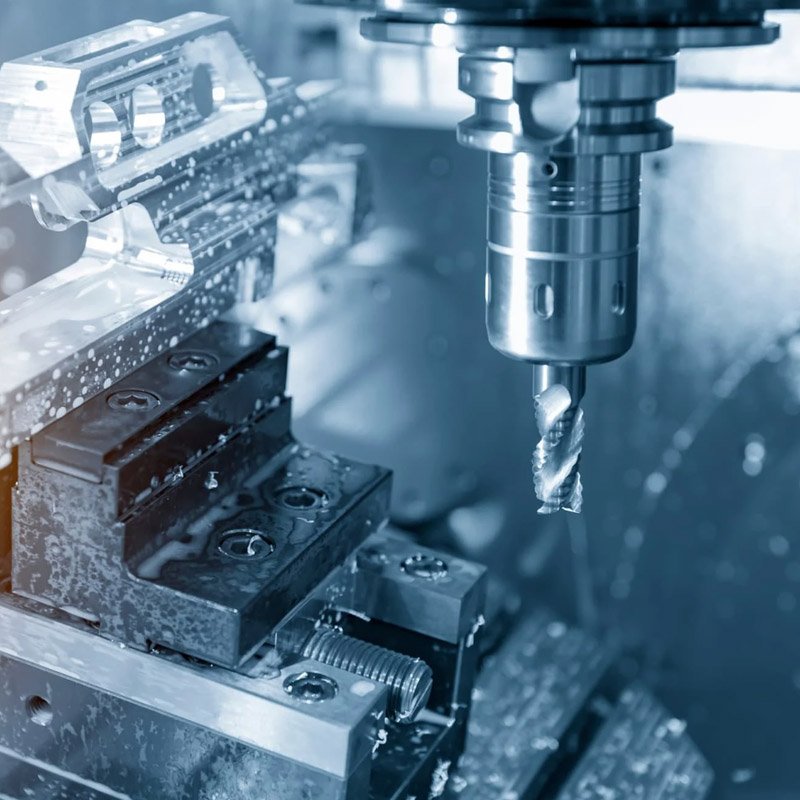
In recent years, advancements in technology and machining processes have enabled manufacturers to produce titanium parts with greater precision and intricacy than ever before. This has opened up new opportunities for the industry to meet the growing demand for complex and specialized components that can only be produced with high precision machining techniques. One company that has been at the forefront of this industry growth is Precision Titanium Machining, a leading provider of high precision titanium parts for various industries. The company has invested heavily in state-of-the-art machining equipment and employs highly skilled engineers and technicians who specialize in working with titanium.
"We have seen a significant increase in demand for our titanium machining parts in recent years," said the CEO of Precision Titanium Machining. "The aerospace and medical industries, in particular, have been driving this growth, as they require parts that are not only lightweight and durable but also incredibly precise and reliable." In addition to aerospace and medical applications, titanium high precision machining parts are also in high demand in the automotive and defense sectors. The automotive industry is increasingly turning to titanium components to reduce vehicle weight and improve fuel efficiency, while the defense sector relies on titanium for its strength, durability, and resistance to harsh environmental conditions.
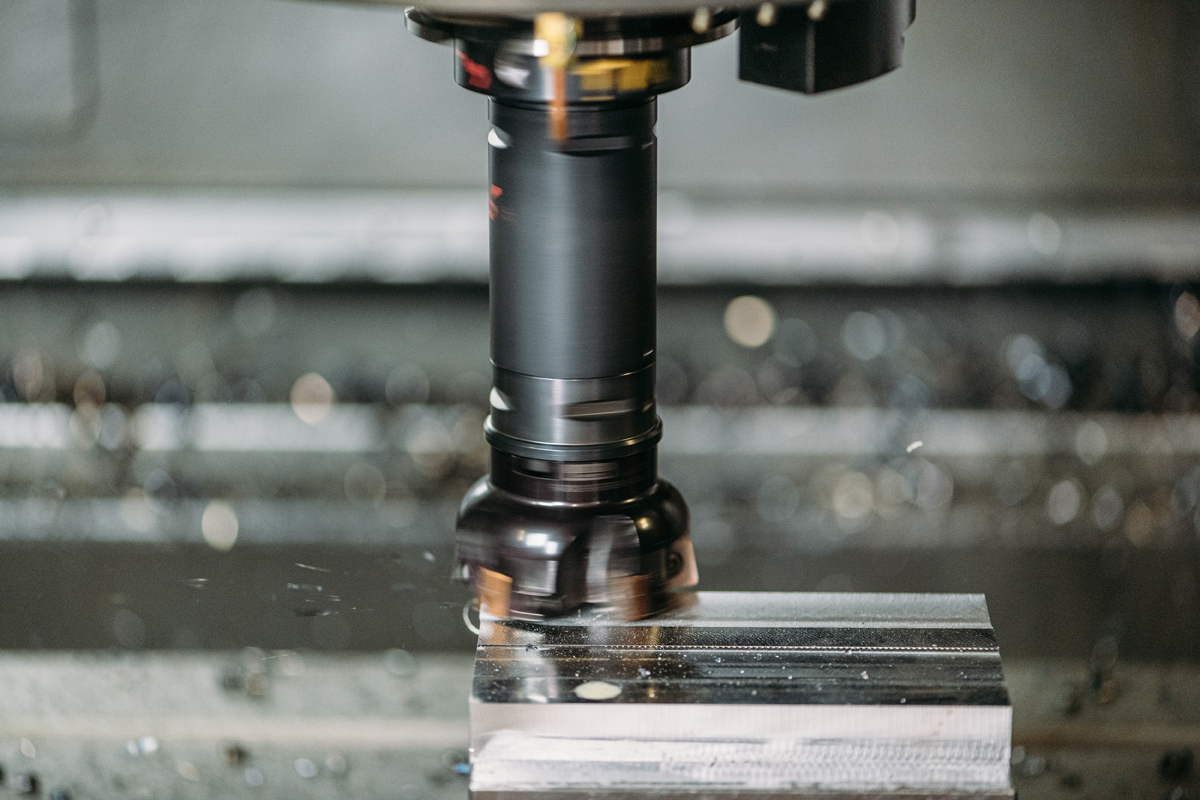
The increasing use of titanium high precision machining parts has also been driven by the growing trend towards additive manufacturing, also known as 3D printing. Additive manufacturing has revolutionized the production of complex and customized titanium parts, allowing for greater design flexibility and faster turnaround times. However, despite the numerous benefits of using titanium for high precision machining parts, there are also some challenges associated with working with this material. Titanium is notoriously difficult to machine due to its high strength and low thermal conductivity, which can result in tool wear and heat build-up during the machining process.
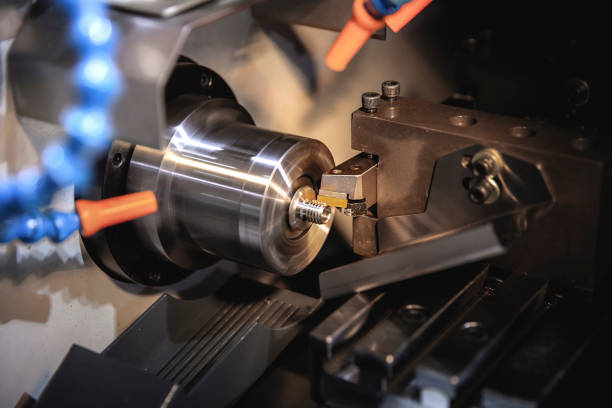
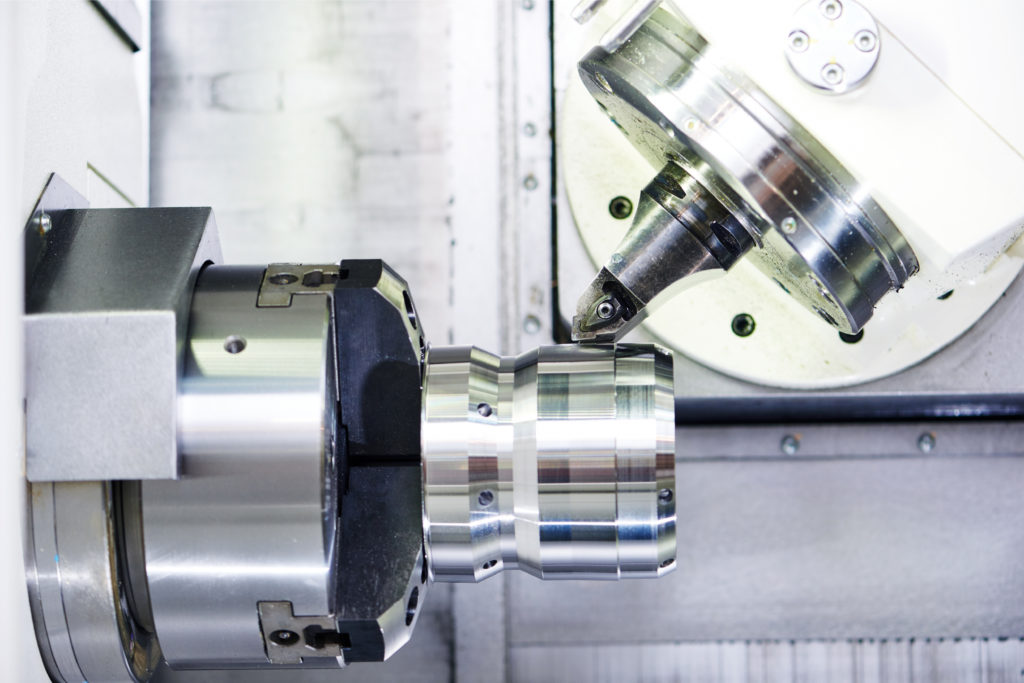
To overcome these challenges, manufacturers have had to develop specialized machining techniques and invest in advanced tooling and equipment specifically designed for working with titanium. This has led to increased collaboration between machining specialists, material suppliers, and end-users to develop innovative solutions that optimize the machining of titanium parts. As the demand for titanium high precision machining parts continues to grow, industry experts believe that the market will see further advancements in machining technology, materials science, and process optimization. This will not only lead to improved efficiency and cost-effectiveness but also open up new possibilities for the use of titanium in a wide range of applications.A
Post time: Jan-02-2024
